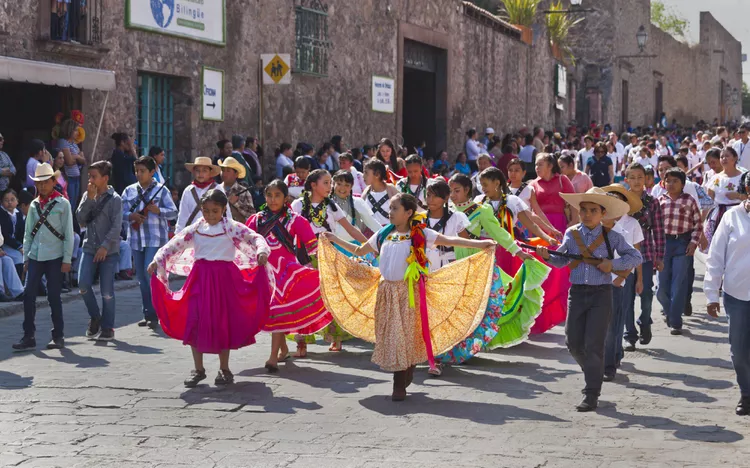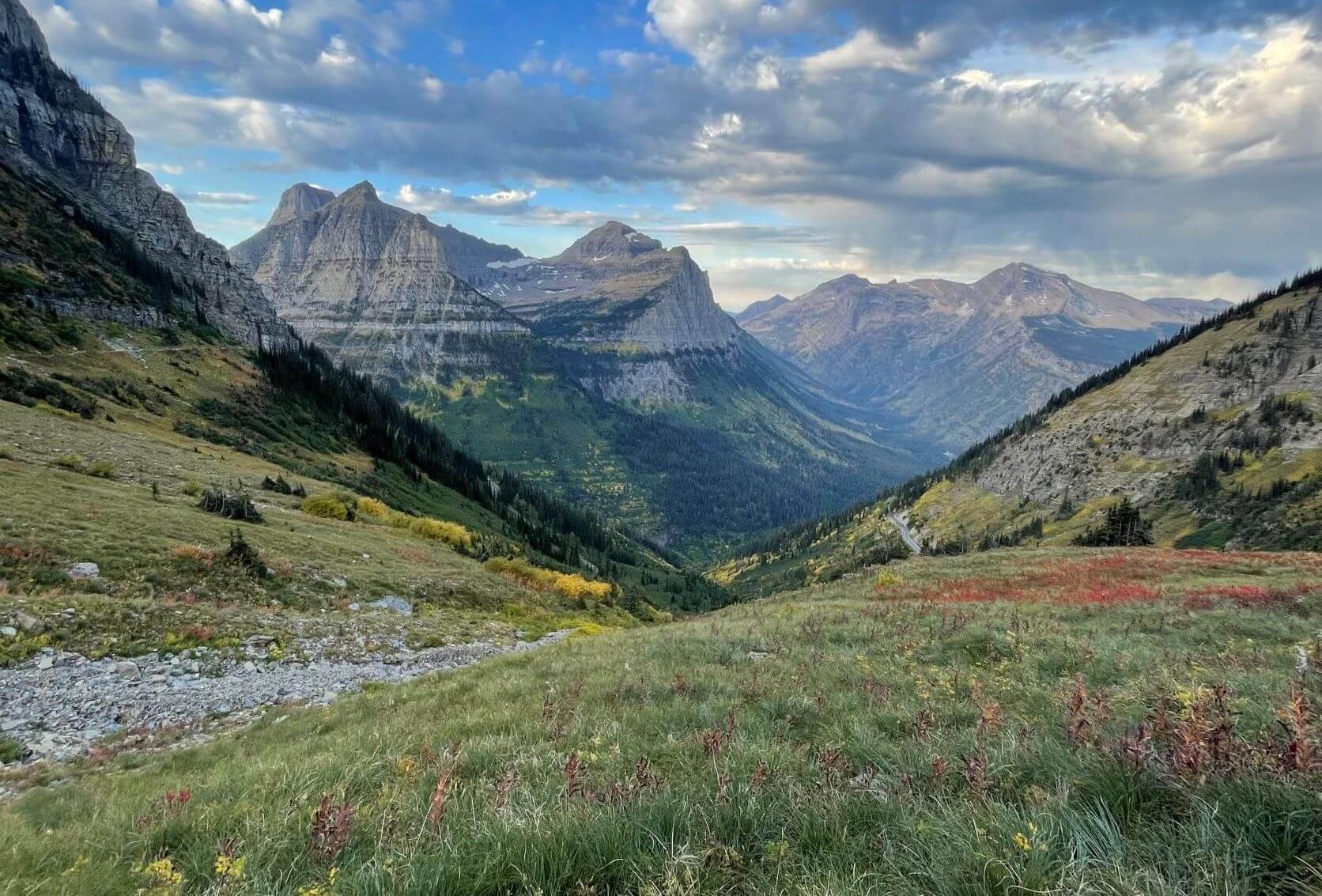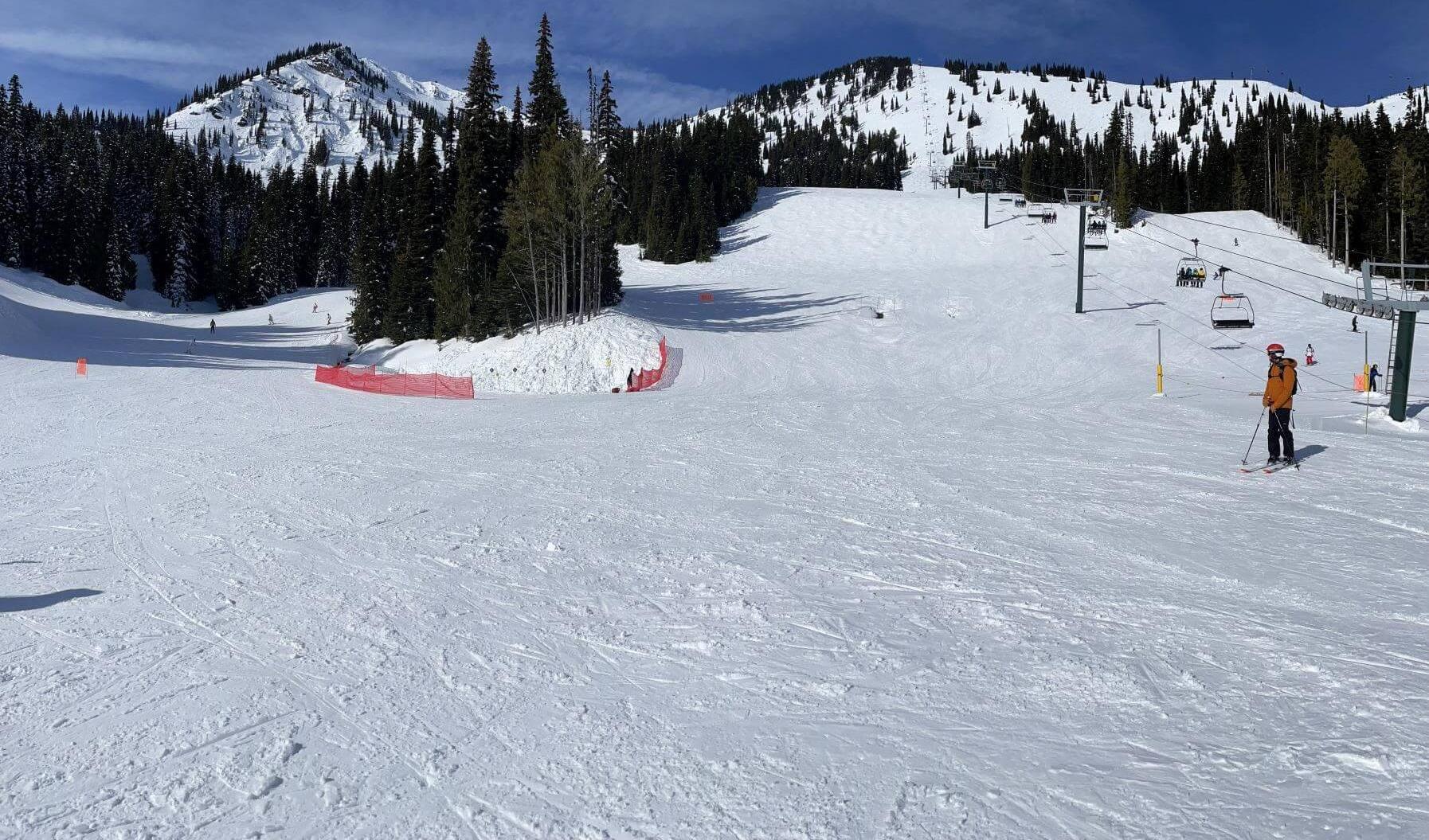Summary of Revolution Day in Mexico
- What is Revolution Day? Revolution Day, known as el Día de la Revolución, is celebrated annually on November 20th in Mexico, commemorating the start of the Mexican Revolution in 1910.
- Historical Significance The revolution sought to end the longstanding dictatorship of Porfirio Diaz and establish democracy in Mexico.
- Celebration Events The day is marked with parades and civic ceremonies across the country, reflecting on the legacy of the revolution and its principles.
Revolution Day, (el Día de la Revolución) is celebrated every year in Mexico on November 20th. On this day, Mexicans remember and celebrate the Revolution which started in 1910 and lasted for approximately ten years. The holiday is sometimes referred to by its date, el veinte de noviembre (the 20th of November). The official date is November 20, but nowadays students and workers get the day off on the third Monday of November, regardless of which date it falls on. This serves as a national holiday in Mexico in commemoration of the beginning of the Mexican Revolution.
Why November 20?
The revolution began in 1910, initiated by Francisco I. Madero, a reformist writer and politician from the state of Chihuahua, to oust President Porfirio Diaz, who had been in power for over 30 years. Madero was among many in Mexico who were weary of Diaz’ authoritarian rule. Although the period of Diaz’s governance was known for technological and industrial advancements, it also led to significant suffering and poverty for a large segment of the population, who endured very low wages.
A few days prior to the planned insurrection, authorities discovered that Aquiles Serdan and his family, who resided in Puebla, were preparing for participation in the revolution, having stockpiled arms. The first shots of the revolution were fired on November 18 at their home, which is now the Museo de la Revolución. The other revolutionaries joined the fight on November 20th as planned, marking it as the official beginning of the Mexican Revolution.
Outcome of the Revolution
In 1911, Porfirio Diaz accepted defeat and exited office, moving to Paris where he remained until his death in 1915 at the age of 85. Francisco Madero was elected president that same year but was assassinated only two years later. The revolution continued until 1920, with Alvaro Obregón eventually assuming the presidency, leading to a period of relative peace, although outbreaks of violence persisted as numerous factions were dissatisfied with the outcomes.
One prominent slogan from the revolutionaries was, “Sufragio Efectivo – No Reelección,” meaning Effective Suffrage, No Reelection. This slogan is still relevant in Mexico today and plays a crucial role in the political landscape. Mexican presidents are required to serve only a single six-year term without re-election eligibility.
Another significant phrase associated with the revolution was “Tierra y Libertad” (Land and Liberty), as many of the revolutionaries sought land reform. Much of Mexico’s land ownership was concentrated in the hands of a few wealthy individuals, forcing the majority of the population to work for minimal wages under poor conditions. Substantial land reform was eventually implemented through the Ejido system of communal land ownership, although this process took many years to fully establish.
20 de Noviembre Events
The Mexican Revolution is recognized as a pivotal moment in forging modern Mexico, and the commemoration of Revolution Day is celebrated with parades and civic ceremonies across the nation. Traditionally, a grand parade was held in Mexico City’s Zocalo, along with speeches and official ceremonies. However, in recent years, the celebrations have moved to the Campo Marte military field. Schoolchildren dressed as revolutionaries participate in vibrant local parades in cities and towns across Mexico on this significant date.
In recent years, many stores and businesses in Mexico have launched promotions surrounding this holiday, dubbing it el Buen Fin (“the good end,” referring to the weekend) and offering sales and deals similar to those seen during Black Friday in the United States.





